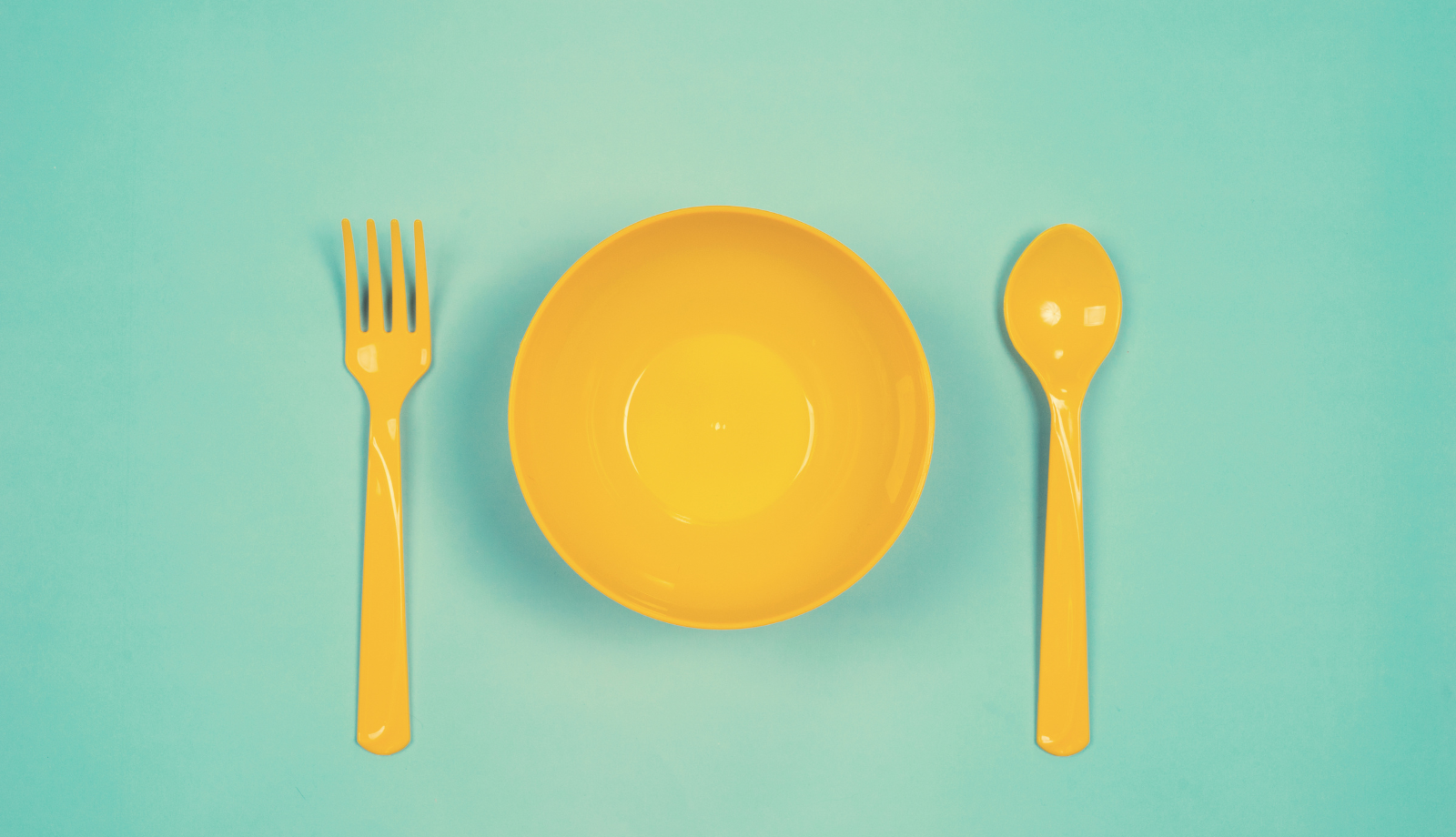The two biggest life threatening diseases in Australia are heart disease and cancer. Both diseases share many of the same risk factors – lifestyle and diet.
Changes to lifestyle and diet supporting heart health and preventing heart disease may also reduce the chance of some cancers.
Prevention is better than cure
When cardiologist Dr Jason Kaplan completed his cardiology training he realised he was seeing patients far too late in their disease course.
He recognised cardiac disease needed to be caught prior to their first heart attack or the development of bad heart failure. This is why he decided to enter the field of preventive cardiology.
Using non-invasive ways to detect early signs of heart disease, Jason is able to help his patients stop the progression of heart disease. Lifestyle is a crucial aspect in the prevention of cardiovascular disease.
Early signs of heart disease
A quarter of all men who have a heart attack have no presenting clinical signs. The heart attack is the first sign that they have heart disease.
Coronary artery calcium scoring was introduced to Australia in the late 1990’s, becoming a standard test for the screening of coronary artery disease. It involves a low-dose cat scan of the heart and can detect and quantify very early signs of plaque buildup in the coronary arteries. The more plaque in the arteries the greater the risk of heart disease.
If there is only a small amount of plaque present in the arteries there are opportunities for intervention. When a patient knows they have heart disease they can begin to take action before presenting with a clinical event such as a heart attack or stroke.
Most of us have some calcium build-up in the arteries. A calcium score of over 100 confers a ten times increase in your relative risk of having a clinical cardiac event compared to a score of zero. A calcium score of over 400 is associated with a significant increase in cardiovascular events.
All men should have a calcium score done when they reach the age of fifty. The radiation dose is equivalent to about five chest x-rays, it takes about two minutes in a CT scanner and it’s a very powerful marker of a future cardiovascular event.
Heart disease has a later onset for women. Prior to menopause, their hearts are protected by oestrogen. Women should have a calcium score done at the onset of menopause or soon afterwards.
Should we be concerned about cholesterol?
For the last thirty to forty years we have been told fat is bad and the lower our cholesterol level is, the better. Yet heart disease is still the number one killer.
Cholesterol is a lot more complicated than originally thought. It is important to look at the type of cholesterol in a patient’s blood. Certain types of cholesterol particles are more likely to cause atherosclerosis or to cause fatty deposits in the arteries compared to others.
We know low-density lipoprotein (LDL) cholesterol is the ‘bad’ one, but blood tests have become more sophisticated. LDL-cholesterol can be further broken down into two categories: small dense LDL, the more dangerous form, and less dangerous lighter fluffier LDL. This is called an LDL-subfraction analysis.
Other lipid markers that can provide an indication of your risk of heart disease are apolipoprotein A and apolipoprotein B. Healthcare practitioners know the human body is very intricate and every body is different. Some people handle cholesterol very differently by the liver. The important role played by the gut microbiome is only just coming known.
Cholesterol is important for the synthesis of cells and hormones and cell walls. Having some cholesterol in our diet is absolutely essential. But, for some people having more of certain types of foods is going to be more dangerous. We are not quite at the point of totally personalised medicine yet, though we are entering into this age of medicine very quickly.
The link between emotional stress and heart disease
Chronic emotional stress is one of the biggest challenges we face in society today.
Stress is often the reason for the development of heart disease. A book that takes a look at some of the world’s longest-living people and the key factors contributing to their longevity, “The Blue Zones”, sheds some light on the link between longevity and stress.
One of the key characteristics of longevity in people living in areas such as Sardinia, or the Seventh-day Adventist communities in California, or some of the Okinawan communities in Japan, is a lower level of emotional stress, and a slower-paced lifestyle. The community is set up in multi-generational families. They take time out to rest a few days a week.
Living in a city like Sydney where the lifestyle is very fast-paced, how many of us take a day out to rest? To unhook ourselves from electronic media and all the stimulation we have on a daily basis, allowing our bodies a chance to rest, to connect with the ones around us.
Exercise is the key to reducing cardiovascular risk
Exercise is one of the best ways people can reduce their cardiovascular risk. One of the biggest problems with modern society is, we do not move enough.
Over the age of 50 years old our level of fitness in men and women become one of the most important factors determining how long we’re going to live. If you are fit and able to move, then you’re going to be able to deal with what life throws at you, whether it be heart disease or any other physical ailments.
The question then, is how much moving, or exercise do we need to do?
“Even a minimum of twenty minutes of moderately paced exercise, or a brisk walk, has been shown to reduce our chance of having a heart attack by 25 per cent.”
You don’t even have to do the full twenty minutes at the same time. You could break it down into two ten-minute sessions. You don’t need a lot of exercise to see a significant difference. It can be useful to get a fitness device and track your steps. Aim for a minimum of ten thousand steps per day.
The type of exercise doesn’t matter, just so long as you are moving. You need to find something you enjoy doing. Something to get your heart rate up, break a bit of a sweat, and still be able to talk.
Tips for preventing heart disease:
- Movement: Do some sort of physical exercise every day.
- Breathe: Gentle exercise involving controlled breathing, this could be yoga or tai chi.
- Nourish: Choose a whole food diet to support heart health.
- Manage Stress: Implement unwinding exercises into your day and connect with those around you.
Your lifestyle choices can promote OR prevent heart disease
Approaching heart disease with the goal of preventing clinical events such as a heart attack or a stroke, makes sense.
Addressing lifestyle choices such as what you eat, what you drink, how much exercise you do and how well you manage your stress, can support you to live a long, healthy life. When you are well informed about your health, you are able to take action to reduce your risk of cardiovascular disease.
If you would like to learn more, including practical tips on how to incorporate sustainable daily movement into your life you can join the Unstress Movement Deep Dive Program or for support regarding what to eat to support heart health – take a deep dive into the Unstress Nourish Deep Dive Program.
Article based on the Unstress Health Podcast Episode with Dr Jason Kaplan – Integrative and Preventive Cardiology.





